Tag: Featured
-

WichitaLiberty.TV: Sedgwick County and Wichita issues
The end of a Sedgwick County Commission election, the *Wichita Eagle* editorializes on school spending and more taxes, and Wichita Mayor Jeff Longwell seems misinformed on the Wichita economy.
-
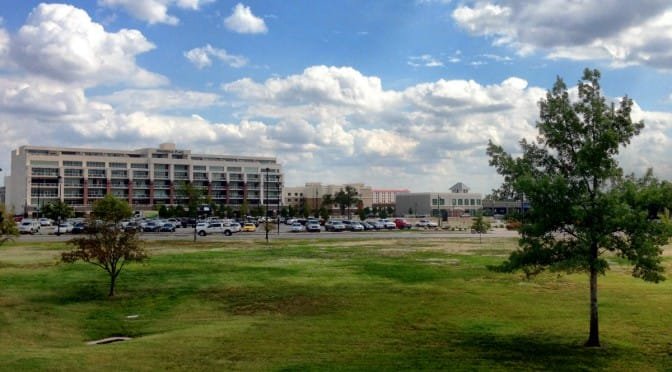
Wichita Eagle calls for a responsible plan for higher taxes
A Wichita Eagle editorial argues for higher property taxes to help the city grow.
-
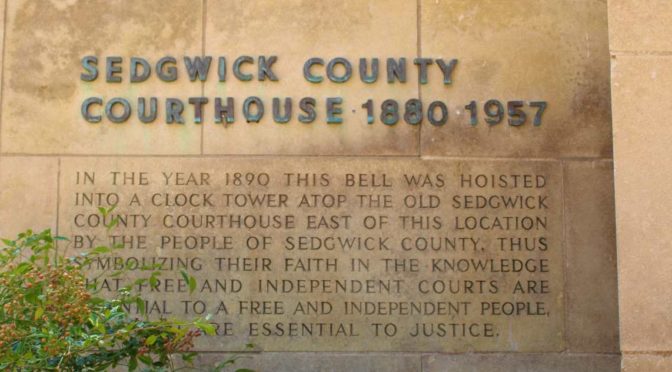
Sedgwick County jobs, first quarter 2018
For the first quarter of 2018, the number of jobs in Sedgwick County grew, but slower than the nation.
-
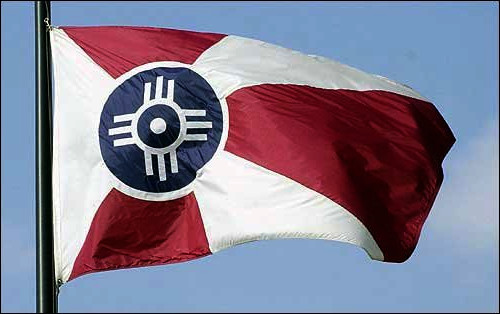
Business improvement district proposed in Wichita
The Douglas Design District proposes to transform from a voluntary business organization to a tax-funded branch of government (but doesn’t say so).
-

Wichita Eagle argues for higher taxes
The Wichita Eagle editorial board wants higher taxes. Relying on its data and arguments will lead citizens to misinformed and uninformed opinions.
-

Wichita school spending, according to the Wichita Eagle
A recent editorial by the largest newspaper in Kansas misinforms its readers.
-

WichitaLiberty.TV: Primary election results, part two
In this episode of WichitaLiberty.TV: Hosts Karl Peterjohn and Bob Weeks continue reporting on some of the results of the August 7, 2018 primary election in Kansas.
-
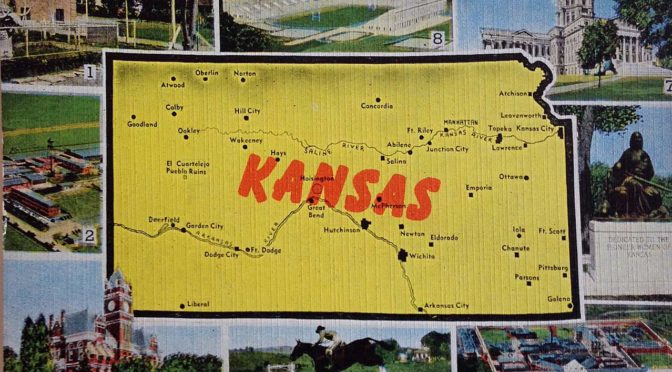
Kansas and Wichita jobs, July 2018
For July 2018, more jobs in Kansas, and a nearly unchanged labor force. Wichita jobs also rose.
-

Ranked-choice voting in Kansas
A look at ranked-choice voting and how it might have worked in the Kansas Republican gubernatorial primary election in August 2018.
-
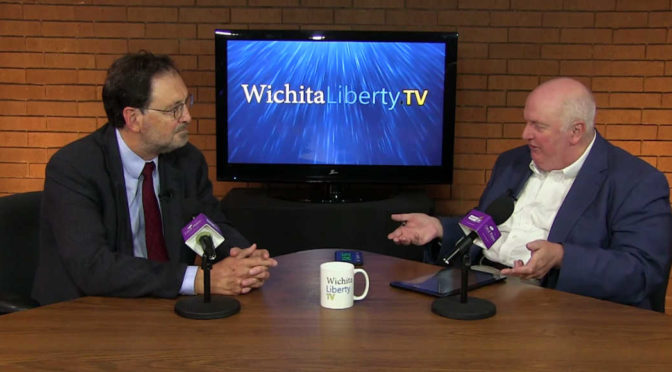
WichitaLiberty.TV: Primary election results
In this episode of WichitaLiberty.TV: Hosts Karl Peterjohn and Bob Weeks report on some of the results of the August 7, 2018 primary election in Kansas.
-

Taxers prefer Hugh Nicks for Sedgwick County Commission
Those who supported higher sales taxes in Wichita also support one Sedgwick County Commission District 4 Republican candidate exclusively.
-

Wichita Chamber PAC spends heavily for Hugh Nicks
The Wichita Regional Chamber of Commerce PAC dedicates a large portion of its spending on placing its crony in office.